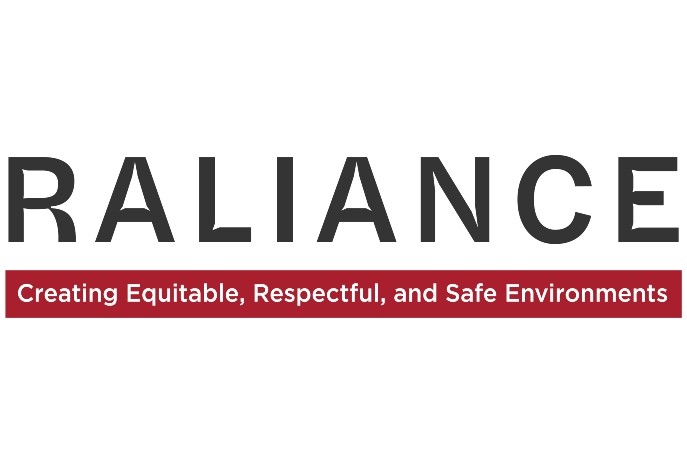At the 2022 National Sexual Assault Conference (NSAC) last month, RALIANCE’s Director of Research and Evaluation David S. Lee and RALIANCE’s Project Manager Tori VandeLinde joined two University of California San Diego gender equity experts – Anita Raj, PhD and Jennifer Yore, MPH – to discuss the importance of classifying sexual misconduct and violence in the workplace.
A few years ago, RALIANCE developed the Sexual Misconduct and Violence Taxonomy, a first-of-its-kind evidence-based data classification system to help employee support departments at Uber classify reports they receive about sexual misconduct and violence. The taxonomy is a tool that any organization can use to help measure sexual violence incidents and use that data to better understand the scope of the problem and identify specific goals to promote safety and prevent future harm.
As the panelists note, sexual misconduct taxonomies also help advance workplace equity. Having a method to consistently and accurately categorize experiences of sexual violence helps everyone to understand the scope and nature of the problem. It can also provide a framework or roadmap for how to advance sexual violence prevention, improve victim response in workplaces, and create safer environments for all.
Improving the volume and quality of data collected also helps demonstrates the organization’s efforts to understand the problem and create a culture where survivors feel comfortable, empowered, and supported if they choose to report their experiences.
For companies interested in using our Sexual Misconduct and Violence Taxonomy, we offer three pieces of advice:
∙ Reliable data-driven information on incidents of sexual assault, misconduct and abuse is critical to help organizations understand and address them.
∙ The taxonomy should reflect a variety of types of violence and steer away from minimizing any acts of misconduct. It is important to specify and differentiate the behaviors within the categories.
∙ In the end, the taxonomy is not a judgment on individual cases, but rather a guide. Consulting with experts like RALIANCE who work on behalf of survivors can help business leaders understand, find, and implement data-driven solutions to create safer environments for all.
To learn more about developing taxonomies, read a case study with ride-share company, Uber.
RALIANCE is a trusted adviser for organizations committed to building cultures that are safe, equitable, and respectful. RALIANCE offers unparalleled expertise in serving survivors of sexual harassment, misconduct, and abuse which drives our mission to help organizations across sectors create inclusive environments for all. For more information, please visit www.RALIANCE.org.

